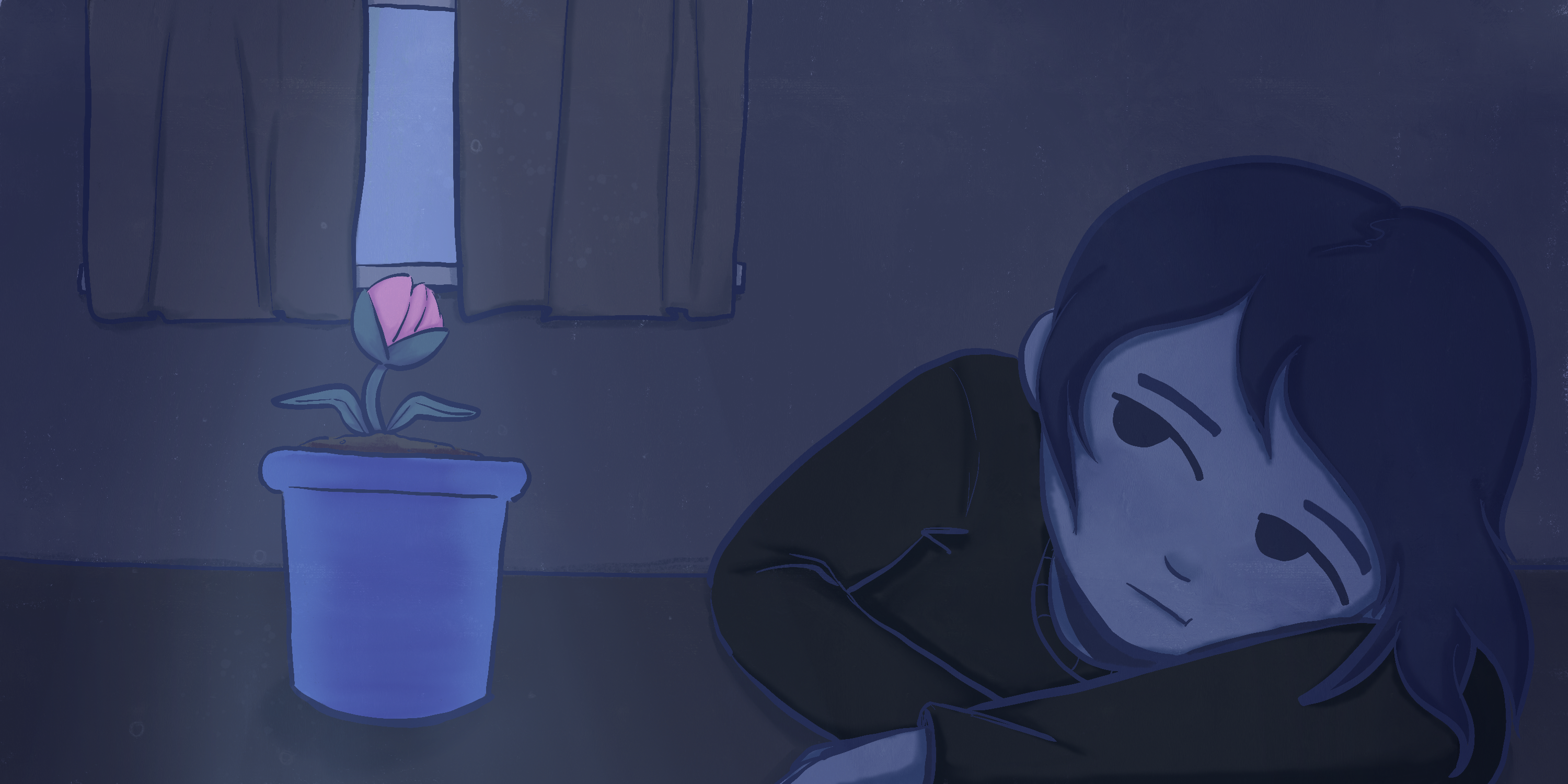A note about feeling stagnant during these winter months
It’s February 10, 2025. I’ve spent the day wandering around Chicago, stopping and pausing at many coffee shops and locations of socialization. One theme that kept arising as I eavesdropped and engaged in conversations is the struggle this season has been for people.
I have decided to use the word “season” to describe the interlude. However, in the conversations it took many forms. “This week…” “last month…,” “this quarter…” All referring to a recent patch of time. The struggle took many forms as well: workload, busy schedules, stuck in funks, creative blocks or generally feeling mentally drained and burnt out.
What is the common denominator? What is the driving factor that leads to this burnout? It is a whole scientific jumble of reasons, from the shortening daylight disrupting the circadian rhythm that’s expecting us to be in hibernation, the mopey grey hue that bleeds from the sky into ourselves, to the harsh weather that is just forcing us to stay inside more. Scientists can explain this seasonal depression, but it doesn’t eliminate the problem of dealing with it, or the reality that this can occur outside the circumstances of winter.
I have been feeling the same way as well; I am overloaded with schoolwork, busy with clubs and at the same time wanting to write. When I sit down and write, however, nothing comes to mind. The term “Inertia” has been floating around in my brain, which Dostoevsky uses in his book “Notes from the Underground.” I read this book when I was at a similar low as the current one. It narrates the inner thoughts of a man who has isolated himself from the world and views society through a critical lens. What spoke to me about it particularly was how his critical lens was like nothing I had read before — his absurdist perspective brings optimism to such a disheartening feeling. When he brings up inertia, it is a sensation that comes to everyone who thinks about themselves and the world. It is when one feels so overwhelmed with everything that one does nothing. It immobilizes us from doing things that we don’t want to do and, unfortunately, also holds us back from doing things that we do want to do.
Newton’s definition of inertia is well known as: “Objects in motion stay in motion and objects at rest stay at rest.” Although Dostoevsky doesn’t use the scientific definition, it still gives us an understanding of what he means—once we are at rest, it is difficult to get pushed into motion. I also love his analogy of inertia as it words so vividly this experience. The burnout comes often with the stress of how much we must be doing, spiraling us further into this forced rest.
In this case, motion is the motivation and effort of going on with our lives. We are in motion during such a grueling time that we need rest. Inertia comes from that effort and care, and the exhaustion comes from working hard or thinking hard (heavy on the thinking). One would not be exhausted if there wasn’t care and thought put into one’s efforts.
Inertia is an incredibly common obstacle. It takes the form of procrastination or lying in bed physically frozen, thinking about your intimidating tasks. As a student, as an employee, as a family member, any role you have in life takes effort, which when it piles up, we desire moments of rest, without care or effort. Of course, rest is important, but one is able to recognize when it is rest and when it is inertia. With rest, lost energy is easily recuperated; with inertia, it is the opposite. The longer we stay in this frozen state, the harder it is to recuperate.
How do you act on a problem when the problem is the inability to act? It becomes a comfort that we fall into. It is so easy to give up and say we can’t do something, especially when that feeling creeps in day after day after day; we begin to believe that we can’t anymore, which throws us deeper into the spiral of giving up and thinking that this is now the new reality of existence. The new “me,” my new way of living and being is a funk. We must remember that this cannot be true because there was a “before the funk.” Remember that you do care, a lot, as that is what got you into this mess.
Unfortunately, there is no magic solution. I have also tried to rack the internet to find an article that solves all my problems, but alas, here we are. I cannot offer a solution. What I can offer is community and a reminder. A reminder that this isn’t an invalid excuse to a professor or boss, or to yourself. It is a real roadblock that has real effects on people, so don’t be too hard on yourself about it. I want to offer another reminder: this isn’t forever. It may feel like this is the end and nothing good can ever come, but it will. The important thing to do is do what you can. Only you can pull yourself out of the inertia, and when that difficult task is placed upon you during an already difficult time, you meet yourself where you are at. Don’t daunt yourself with impossible tasks or reminders of how unproductive you are/have been, but at least give something a try. You were in motion once and can be again. Reintroduce the care in your life. It is there if you look for it.
Header by Alex Carrasquillo




NO COMMENT